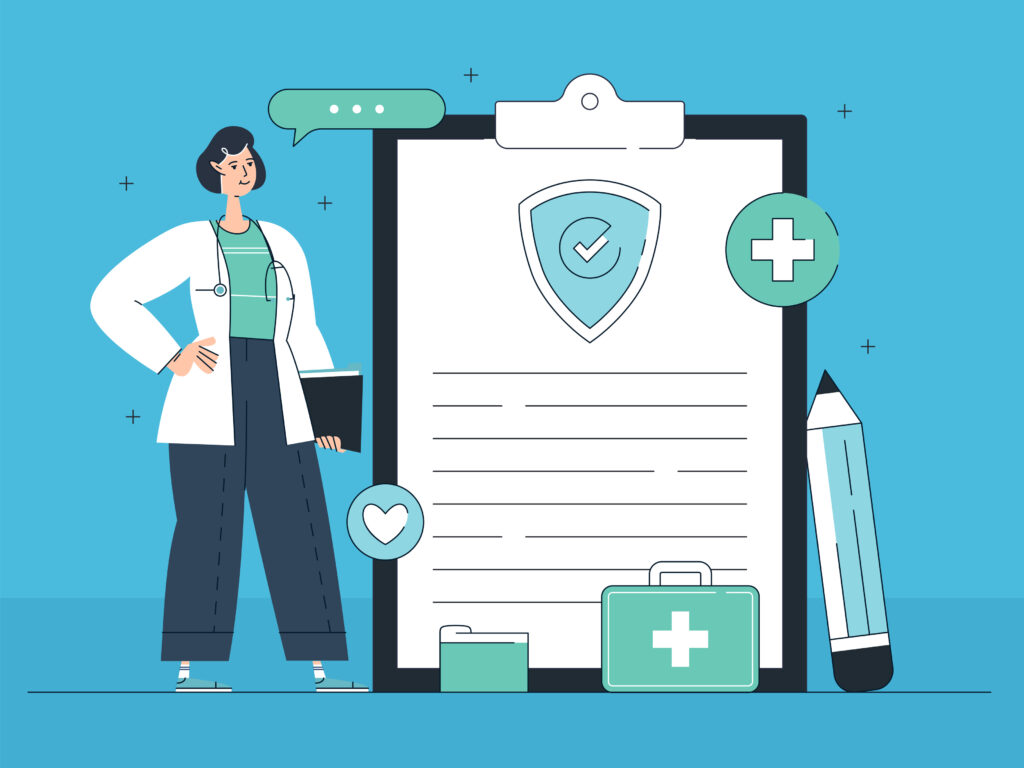link building
How to Use Link Building to Improve SEO
Link building remains a cornerstone technique for improving your website’s search engine optimization marketing – provided you’re doing it right. Yet while most webmasters understand the importance of proper link building, too few know how to do it – and how to differentiate between a good link and a bad link (yes, there are appreciable…
Leveraging Offline Events for Link Building
When it comes to SEO, link building is a major part of the process since Google and other search engines take a look at how many sites are linking to yours. For the greatest impact, those links can’t come from just any site, but instead should come from topically related websites that have high quality…











